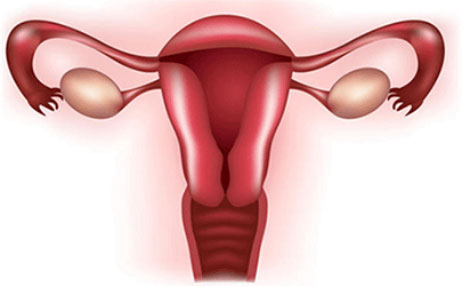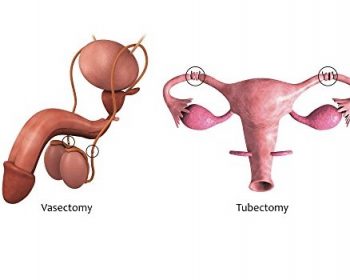
Abnormal Uterine Bleeding
There are several menstrual disorders seen in menstruating individuals. Abnormal uterine bleeding, be it too much or too little or no bleeding at all, is one of them.
Normally, individuals lose between 15mL and 80 mL of blood during menstruation. Losing more than this, up to 10-20 times more, is considered heavy bleeding.
There are three types of abnormal uterine bleeding. These include:
- Menorrhagia: More than normal bleeding during menstruation
- Oligomenorrhea: Light or irregular bleeding
- Amenorrhea: No bleeding
Menorrhagia
Any bleeding beyond the average loss of 15mL to 80mL of blood or bleeding for more than 7 days during menstruation is considered menorrhagia. This is a case of heavy bleeding and can disrupt daily activity and require the individual to change a pad or tampon almost every hour. Heavy menstrual bleeding is common during teenage years, when menstruation starts, and also during the late 40s or 50s, when individuals are pre- or peri-menopausal.
Causes
Various factors involving medical conditions, structural abnormalities, etc. can cause menorrhagia:
- Hormonal imbalance is the most common cause of menorrhagia.
- Medical conditions like thyroid problems (both hypothyroidism and hyperthyroidism), infections, cancerous or precancerous conditions of the uterus, etc.
- Structural abnormalities like polyps or fibroids in the uterus.
- Blood clotting disorders like Von Willebrand’s disease, idiopathic thrombocytopenic purpura (ITP), etc.
- Liver or kidney diseases.
- Certain medications like anticoagulants, such as heparin, clopidogrel, aspirin. etc.
Diagnosis and Treatment
Various diagnostic tests are employed to figure out the cause of excess bleeding. These include:
- Blood tests
- Pap smear
- Endometrial biopsy
- Laparoscopy/hysteroscopy
- Ultrasonography
- Dilation and curettage (D&C)
Treatment for menorrhagia includes the following:
- Medication such as low-dose oral contraceptives is an effective treatment option.
- Tranexamic acid is a coagulant-type drug used to stop heavy bleeding.
- Surgical options include hysterectomy, where the uterus is removed. Other minor surgical options in which the uterus is preserved include endometrial ablation, endometrial resection, myomectomy, or D&C.
Amenorrhea
Amenorrhea is a condition where there is a complete absence of menstrual periods. The individual does not have any menstrual bleeding for a prolonged period of time. It is normal before puberty, during pregnancy, and after menopause.
Types
- Primary amenorrhea:It is diagnosed when a girl/woman has not started menstruating despite reaching 16 years of age. It is mostly due to an issue with the endocrine system. It can be due to low body weight associated with various eating disorders, excessive exercise, or medication. There are other possible reasons also, like problems with the ovaries or the part of the brain called the hypothalamus, or the pituitary, which controls hormone production.
- Secondary amenorrhea:It is diagnosed when after having regular periods, an individual suddenly stops menstruating for three months or longer. It can be due to various factors that affect the levels of oestrogen in the blood, such as stress, diet, exercise, weight loss, or illness. Other hormonal imbalances like thyroid or elevated levels of Prolactin, ovarian cysts, and oophorectomy (removal of the ovaries) also cause amenorrhea.
Diagnosis and Treatment
The absence of menstruation is an indication enough to diagnose amenorrhea. However, other types of diagnostic tests might be needed to find the underlying cause, such as
blood tests, hormonal study, ultrasonography, laparoscopy, etc. Treatment usually involves resolving the underlying cause. Medication includes oral contraceptive pills to correct the levels of oestrogen in the body.
For enquiries and online appointments, visit www.DivakarsHospital.com
You can seek 2nd opinion with Dr Hema Divakar and other specialist doctors through the Divakar’s Hospital app which can be downloaded from Google Play Store or ios here – https://bit.ly/2C5cW1e
Subscribe to Divakars Hospital YouTube Channel and stay updated on videos related to pregnancy and women’s healthcare. Subscribe here – https://bit.ly/3Avct4w







